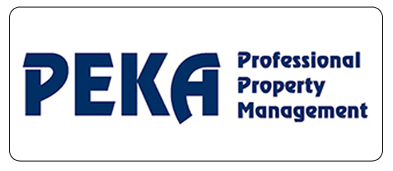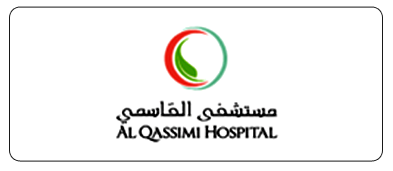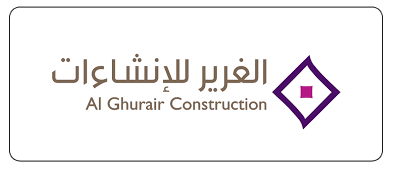With the advancing technology, it is only right to say that the right tool for better
performance, efficiency and economical solution is the Internet of Things. With the advent
of IoT, various devices have been developed to continuously monitor remotely, optimize
energy consumption and integrate facilities management. IoT has revolutionized the way
facility management was handled so far and has made the process more convenient than
Facility management services spend about 30% more on energy costs and 15% more on
maintenance costs, due to inefficiency. However with IoT solutions, facility management
has become more adaptable and offers huge scope for inter-connectivity. IoT powered
facilities management has proven its scope with a stupendous annual growth of 12.1% in
What is facilities management? ![]() Facilities
Facilities![]()
![]()
![]()
![]() Management
Management![]() is anything to do with building
is anything to do with building management – space allocation, tenant association, maintenance management,
environmental control, security controls, communications and much more. Energy
consumption, tenant management, and security concerns have pushed facilities towards
IoT. Here is how IoT has changed facilities management forever:
1. Embedded sensors – Sensors installed into the building’s systems such as HVAC
systems, lights, doors, windows and buildings help analyze energy consumption and
enable optimization of the resources used. These IoT sensors also help monitor and
collect data of the number of people accessing the premises, the data which can be
utilized later for planning and spec.
2. Usage of micro-transmitters – Beacons were of great help in sending promotional
messages to customers. Beacons, can now help in capturing real-time feedback,
customer’s preferences, send alerts and monitor challenges to proactively resolve real
3. Reaping Savings – IoT devices can help monitor lighting and climate control. This real time monitoring helps collate data on the working space condition and improve the
wellbeing of the tenants. These devices can be programmed to maintain ![]() optimum
optimum circulation![]() , thereby preventing any problem. Apart form the energy savings, resources are
, thereby preventing any problem. Apart form the energy savings, resources are also used optimally. The state of the art sensors help assess the actual demand and
activity levels in the building, thereby eliminating the need for extra man power at all times.
The world is constantly improvising and it is time to adapt to the changing demands. With
social media spreading news rapidly, good or bad, IoT helps you stay on top of your game
and spread your fame by arresting issues proactively!

















